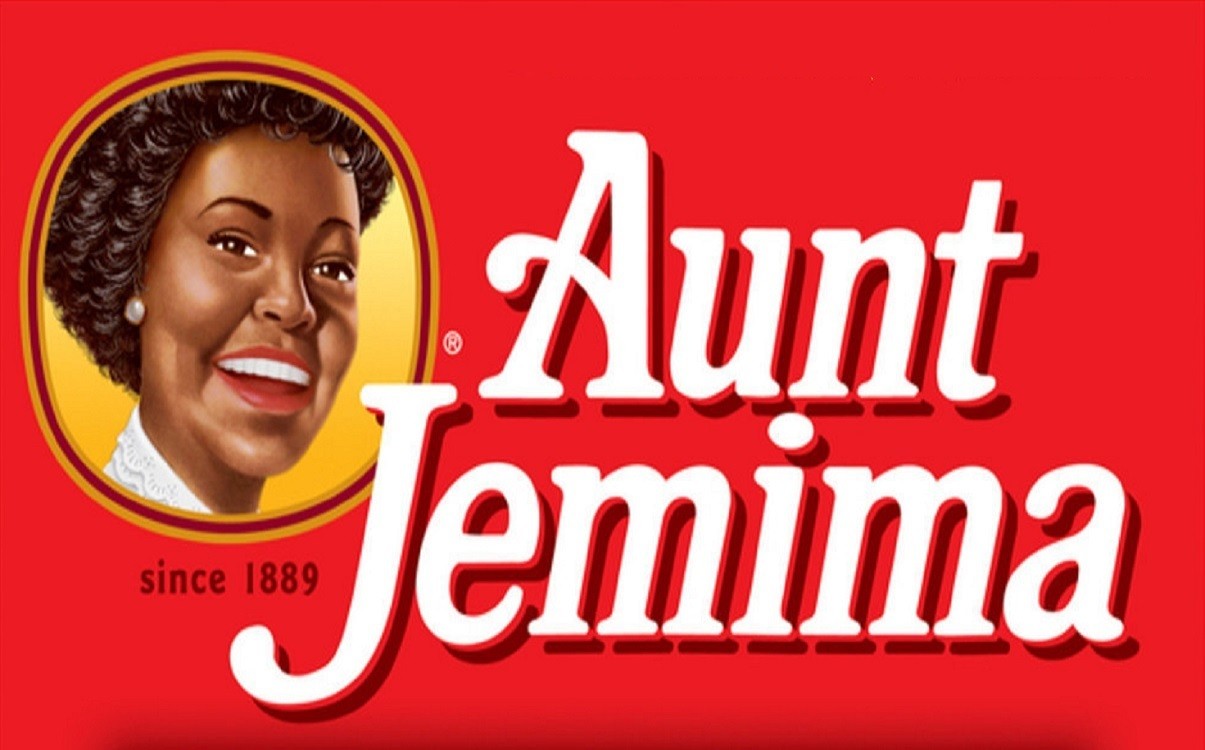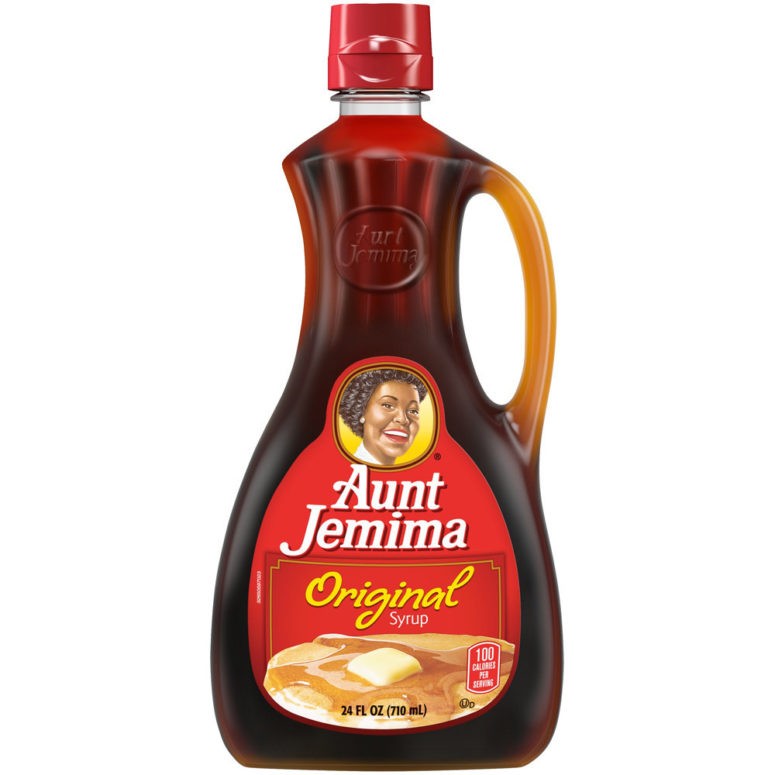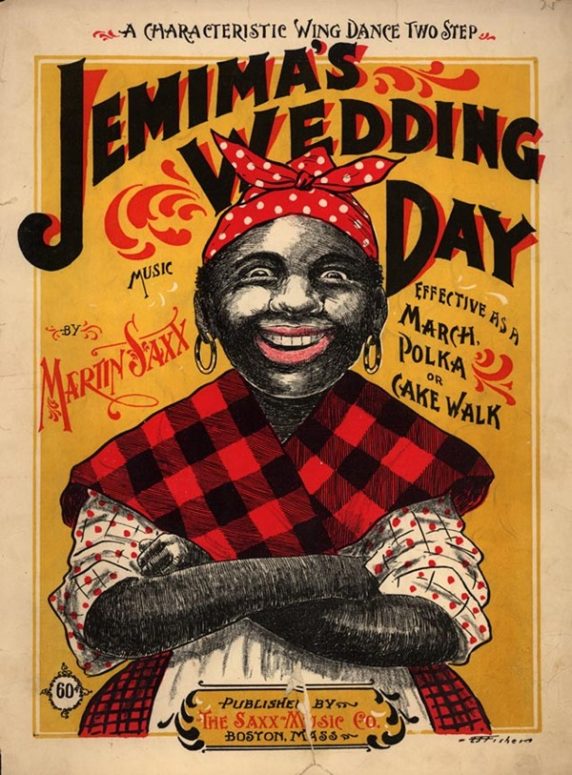Aunt Jemima to remove the racist image on popular pancake syrup
- TDS News
- Breaking News
- June 18, 2020

Aunt Jemima to remove the racist image on popular pancake syrup. Pepsico will rebrand the Aunt Jemima name
Brand Commits to Making Meaningful Changes, Including Multi-Million Dollar Commitment to Black Community
Aunt Jemima, one of the long-time brands of The Quaker Oats Company, a subsidiary of PepsiCo, Inc., announced it will remove the image of Aunt Jemima from its packaging and change the name of the brand. Packaging changes without the Aunt Jemima image will begin to appear throughout Q4 of 2020. The name change will be announced at a later date and will quickly follow the first phase of packaging changes.
“As we work to make progress toward racial equality through several initiatives, we also must take a hard look at our portfolio of brands and ensure they reflect our values and meet our consumers’ expectations,” said Kristin Kroepfl, Vice President and Chief Marketing Officer, Quaker Foods North America. “We recognize Aunt Jemima’s origins are based on a racial stereotype. While work has been done over the years to update the brand in a manner intended to be appropriate and respectful, we realize those changes are not enough.”
The Aunt Jemima brand has existed for more than 130 years and has evolved over time with the goal of representing loving moms from diverse backgrounds who want the best for their families.

“We acknowledge the brand has not progressed enough to appropriately reflect the confidence, warmth and dignity that we would like it to stand for today,” said Kroepfl. “We are starting by removing the image and changing the name. We will continue the conversation by gathering diverse perspectives from both our organization and the Black community to further evolve the brand and make it one everyone can be proud to have in their pantry.”
In that spirit, the Aunt Jemima brand will donate a minimum of $5 million over the next five years to create meaningful, ongoing support and engagement in the Black community.
Aunt Jemima is based on the common “Mammy” stereotype, a character in minstrel shows in the late 1800s. Her skin is dark and dewy, with a pearly white smile. She wears a scarf over her head and a polka dot dress with a white collar, similar to the common attire and physical features of “mammy” characters throughout history. A character named “Aunt Jemima” appeared on the stage in Washington, D.C., as early as 1864.

The inspiration for Aunt Jemima was Billy Kersands’ American-style minstrelsy/vaudeville song “Old Aunt Jemima“, written in 1875. Rutt reportedly saw a minstrel show featuring the “Old Aunt Jemima” song in the fall of 1889, presented by blackface performers identified by Arthur F. Marquette as “Baker & Farrell”. Marquette recounts that the actor playing Aunt Jemima wore an apron and kerchief, and Rutt appropriated this Aunt Jemima character to market the Pearl Milling Company pancake mix in late 1889. Wikipedia
PepsiCo Chairman and CEO Ramon Laguarta also announced the next step in PepsiCo’s journey for racial equality: a more than $400 million set of initiatives over five years to lift up Black communities and increase Black representation at PepsiCo. These initiatives comprise a holistic effort for PepsiCo to walk the talk of a leading corporation and help address the need for systemic change. The activities focus on three pillars—People, Business, and Communities. More details can be found at: https://www.pepsico.com/racial-equality-journey
Corporate America may finally be listening to decades of dialogue with the black community about changing the racist images displayed on some of their most famous brands.
Pepsico follows other brands such as Land O Lakes and Uncle Ben’s to rebrand their images to properly reflect society.








